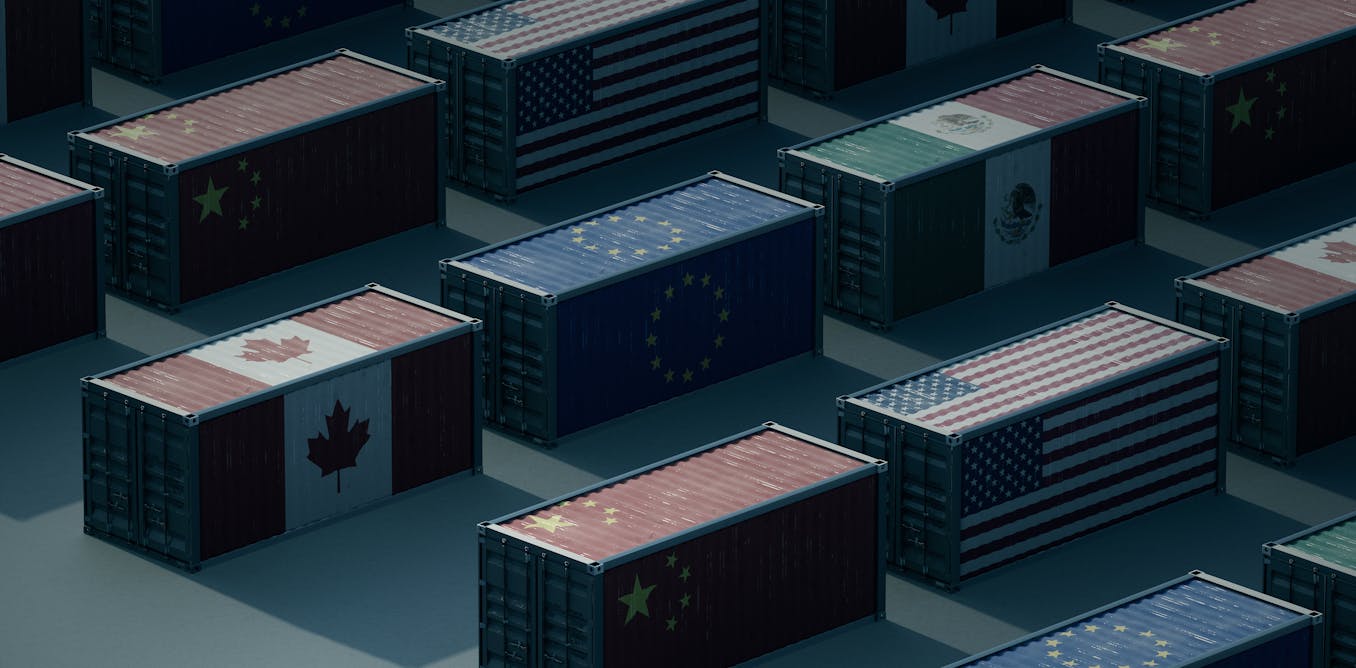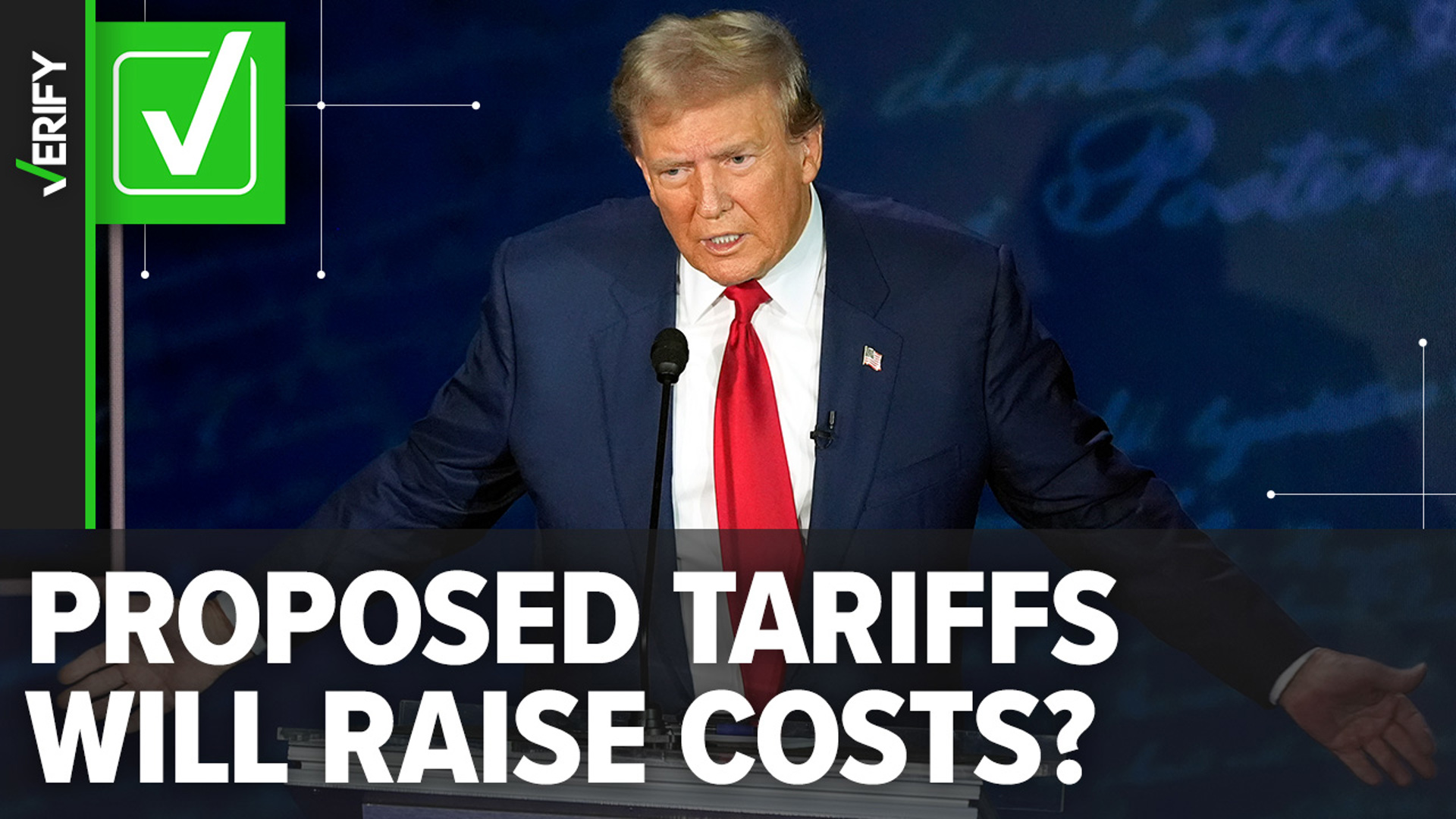Trump Administration's 'Reciprocal' Tariffs Cause Global Uncertainty

Introduction
The Trump administration's 'reciprocal' tariffs have officially come into effect, targeting dozens of U.S. trading partners. This move is part of the ongoing trade war between the U.S. and its allies, with the aim of balancing trade deficits and protecting domestic industries. The implementation of these tariffs has caused a stir in the global market, with countries like China, Canada, and the European Union being hit the hardest.
Key Details
The U.S.'s trading partners now face higher tariffs on their exports, which will have a significant impact on their economies. For example, China, one of the U.S.'s biggest trading partners, will see an increase in tariffs on $34 billion worth of goods such as machinery, electronics, and medical equipment. Canada and Mexico, the U.S.'s neighbors and key trading partners, will also face higher tariffs on steel and aluminum, affecting industries such as the auto and agricultural sectors.
Impact
The implementation of these tariffs has caused concern and uncertainty in the global market, as retaliation measures from affected countries are expected. This could lead to a slowdown in international trade, affecting not only the U.S. and its trading partners but also other countries that rely on global trade. The impact of these tariffs on the economy and job market is yet to be seen, but the potential for a negative ripple effect is
About the Organizations Mentioned
Trump Administration
The **Trump Administration** refers to the executive branch of the United States government under President Donald J. Trump, covering two non-consecutive periods: his first term from 2017 to 2021 and his second term beginning in 2025. As an organization, it is responsible for executing federal laws, shaping public policy, and managing national affairs during its tenure. During the **first Trump Administration (2017–2021)**, the administration pursued a wide-ranging agenda focused on immigration reform, economic nationalism, deregulation, judiciary appointments, and foreign policy shifts. Key actions included building and expanding the U.S.-Mexico border wall—completing 458 miles by January 2021—and implementing strict immigration policies such as travel bans from several predominantly Muslim countries and rescinding the DAPA amnesty program[2]. The administration withdrew the U.S. from the Trans-Pacific Partnership trade deal, renegotiated NAFTA into the USMCA, and signed the "Buy American and Hire American" executive order to prioritize American workers[1][3][5]. Judicially, Trump appointed three Supreme Court justices—Neil Gorsuch, Brett Kavanaugh, and Amy Coney Barrett—significantly influencing the federal judiciary with over 200 judicial appointments[5]. The administration also focused on military expansion, combating ISIS, addressing the opioid crisis, and responding to the COVID-19 pandemic with vaccine development support[5]. Foreign policy was marked by controversial decisions including troop withdrawals from northern Syria, reinforced support for Saudi Arabia, and tensions with Iran and North Korea[4]. The administration faced two impeachments: first in 2019 over Ukraine dealings and again in 2021 following the January Capitol riot; Trump was acquitted by the Senate both times[4][5]. After losing the 2020 election, Trump returned for a **second term starting in 2025**, continuing his policy priorities with new regulatory changes and political appointments[6][8]. The Trump Administration















